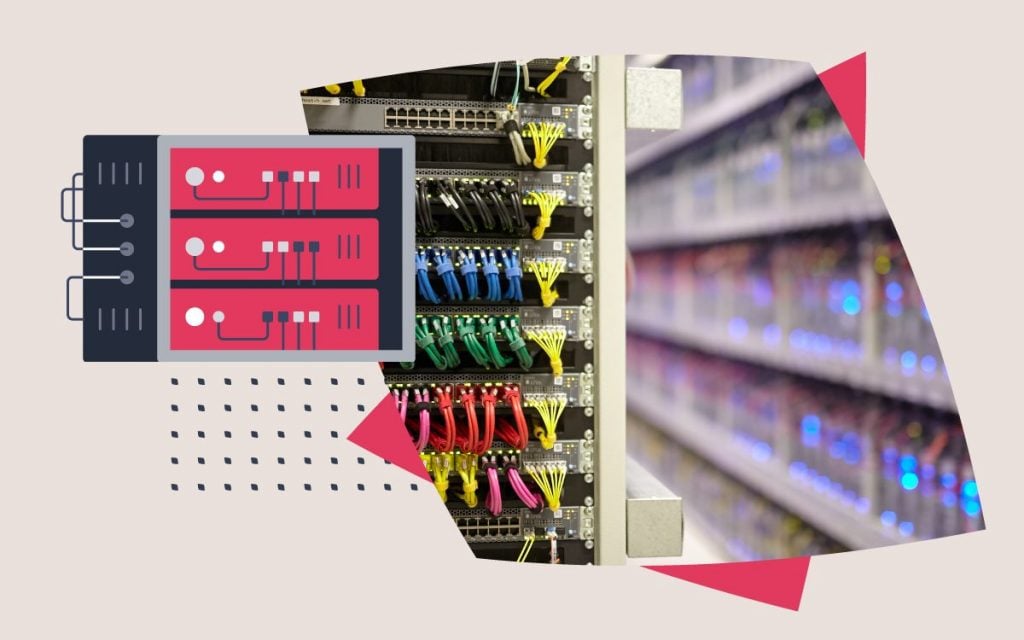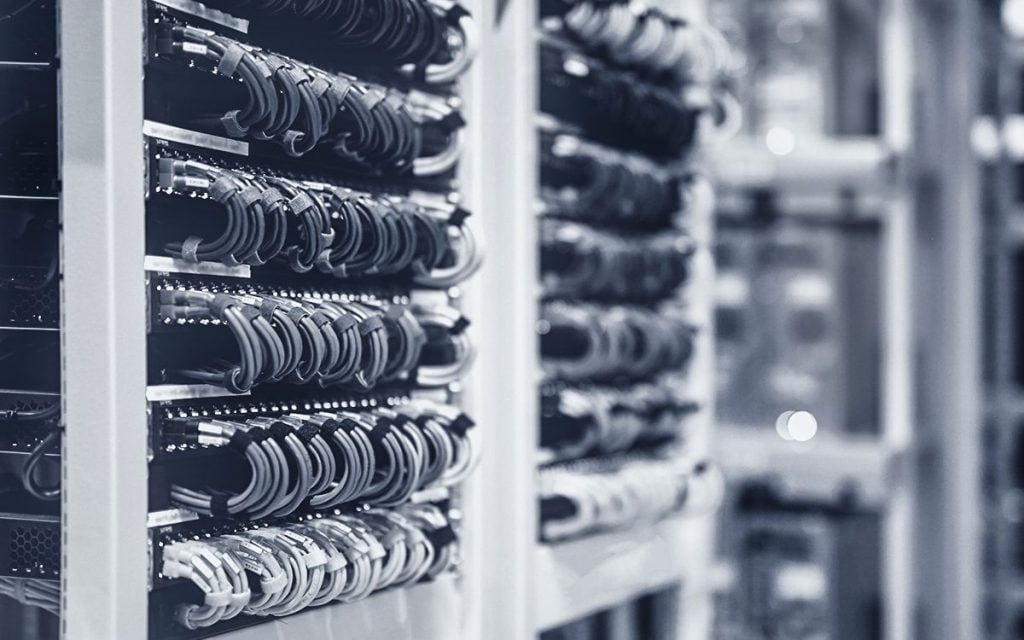About SSD – Solid State Drives
Overview
An SSD (Solid-State Drive or Solid-State Disk) is a storage device that uses integrated circuits and no moving parts to store data in memory. Traditional HDD (Hard-Disk Drives) contain spinning disks and physical wiring.
SSDs are more shock resistant, consume less energy and in doing so produce less heat, run more silently and drastically improve on disk I/O (input /output) compared to HDDs.
Websites that have intensive content management systems or large databases can benefit from SSD, due to the better response times in retrieving data and higher transaction rate.
xneelo’s use of SSDs
- All new shared hosting servers, as well as database servers, are equipped with SSD by default
- New Managed Servers are equipped with enterprise-class SSD
- Self-Managed Servers are equipped with SSD by default
Website performance improvements
Real benefits may be seen should your database be slow as a result of:
- complex queries, or
- when you run applications that require a high level of disk I/O.
While SSDs are very efficient on high I/O, they also have limitations. Badly structured database queries, particularly on large databases, can also affect the performance of an SSD as it does with a conventional hard disk. SSDs will not make any difference to performance problems relating to transactions that require high CPU performance or where an application runs out of RAM.
If you currently have a slow database, you are encouraged to first look at query optimisation or the implementation of indexes before moving the database to an alternative database host. If your website performs well under normal conditions, there is no point in moving it.
Upgrading to an SSD server
Webhosting:
Moving your database to an SSD-based server will not necessarily improve the performance of your website. Your site can be moved to an SSD-based server, but it is only advised should you experience performance problems on your site due to high I/O on the server.
Also, keep in mind, that should your website be moved, you will have a change in IP address which may require you to change your email configuration and may also have an impact on search engine ratings.
Managed and Self-Managed Servers
If you would like to upgrade your existing Managed or Self-Managed Server to SSD, please contact us. An upgrade fee will apply.
Note:
- Upgrades of existing Managed Servers are possible provided that the server disk is within the standard specification e.g. a Managed Server with 1TB HDD cannot be upgraded to 500GB SSD but will need a product upgrade to Managed Plus which offers a 1TB SSD.
- The timing of upgrades is conditional on the Data Centre maintenance schedule.
- Server downtime is necessary when upgrading the server.







